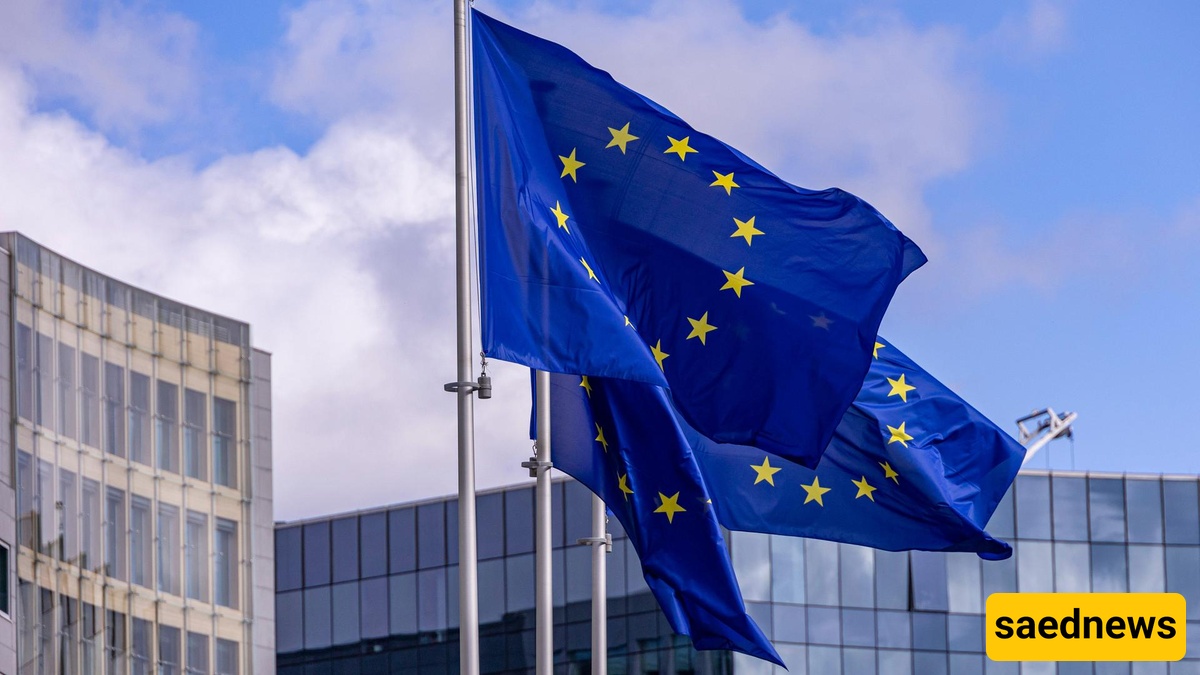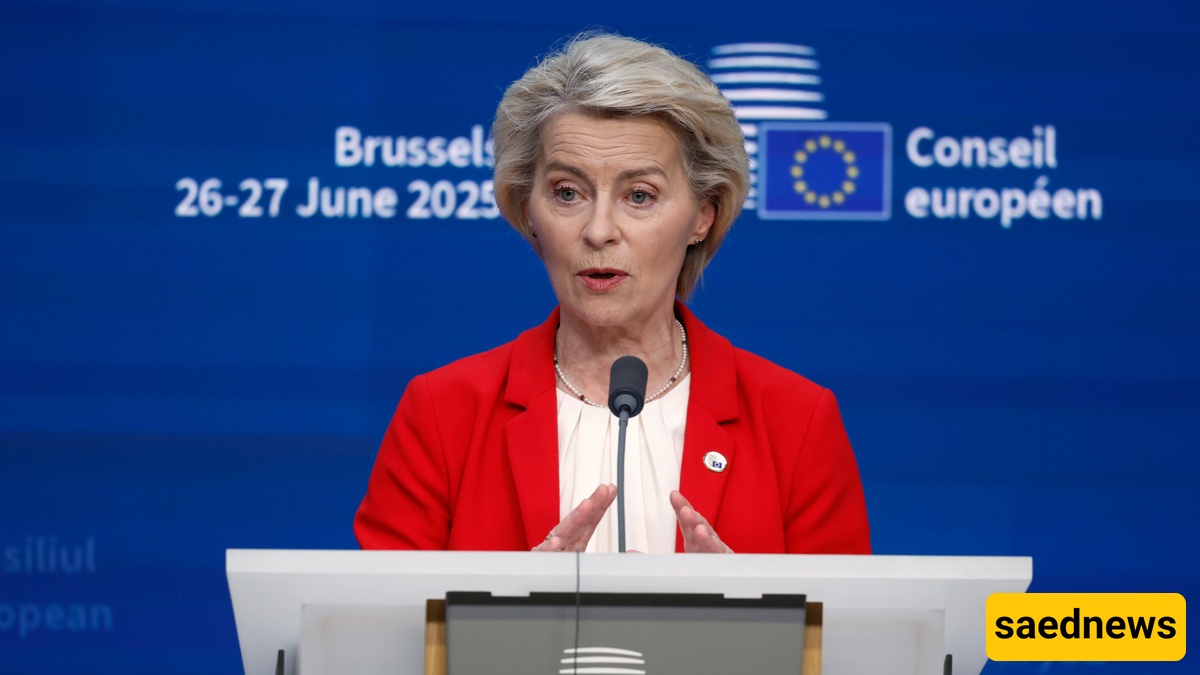SAEDNEWS: The European Commission has proposed suspending trade concessions with Israel and targeting extremist ministers in response to the Gaza conflict, though divisions among EU member states mean the plan is far from finalized.

According to Saed News; The European Commission has unveiled a long-awaited proposal to suspend certain trade concessions with Israel, a move prompted by Israel’s ongoing military operations in Gaza and the deteriorating humanitarian situation. The proposal also recommends sanctions against extremist Israeli ministers, violent settlers, and Hamas leaders.
According to the Commission, Israel’s actions breach Article 2 of the EU-Israel Association Agreement, which mandates respect for human rights and democratic principles. The review cited Israel’s blockade of humanitarian aid, intensifying military operations in Gaza, and the expansion of settlements in the West Bank’s E1 area as direct violations. This breach entitles the EU to suspend parts of the agreement unilaterally.

European Commission President Ursula von der Leyen stated, “The horrific events taking place in Gaza on a daily basis must stop.” The proposed measures include:
Suspending certain trade concessions between the EU and Israel.
Targeting extremist ministers in Prime Minister Benjamin Netanyahu’s Cabinet, including National Security Minister Itamar Ben-Gvir and Finance Minister Bezalel Smotrich.
Sanctioning violent settlers and Hamas leaders.
Pausing bilateral support for Israel, while maintaining assistance to civil society groups and Yad Vashem, the Holocaust remembrance center.
Despite the ambitious proposal, support among the EU’s 27 member countries is not unified. Countries like Spain and Ireland advocate for economic curbs and an arms embargo, while Germany and Hungary have resisted sanctions, citing the need for diplomatic balance. This divide highlights the difficulty of achieving consensus in EU foreign policy, even in the face of widespread public outrage and protests across Europe demanding action against Israel.
Protests have grown across the continent, with demonstrators urging governments to pressure Israel to halt its bombardment and blockade of Gaza. Meanwhile, EU foreign ministers debated potential measures last month in Copenhagen. Kaja Kallas, the EU’s foreign policy chief, called for higher tariffs on certain Israeli goods and sanctions against key figures involved in escalating violence.
The proposal represents a significant escalation in EU-Israel relations, even if final approval remains uncertain. Analysts note that unilateral suspension of trade concessions would mark a historic step, reflecting Europe’s attempt to uphold human rights standards while navigating complex geopolitical realities. Whether the EU will ultimately enforce these measures will depend on overcoming internal disagreements among member states.
The EU’s proposed actions signal a shift in how the bloc addresses violations of international law and human rights. While divisions persist, the initiative underscores growing European frustration with the Gaza conflict and represents a potential turning point in EU foreign policy toward Israel. Citizens and policymakers alike are watching closely as the situation unfolds, with potential economic and political repercussions that could resonate across the region.

